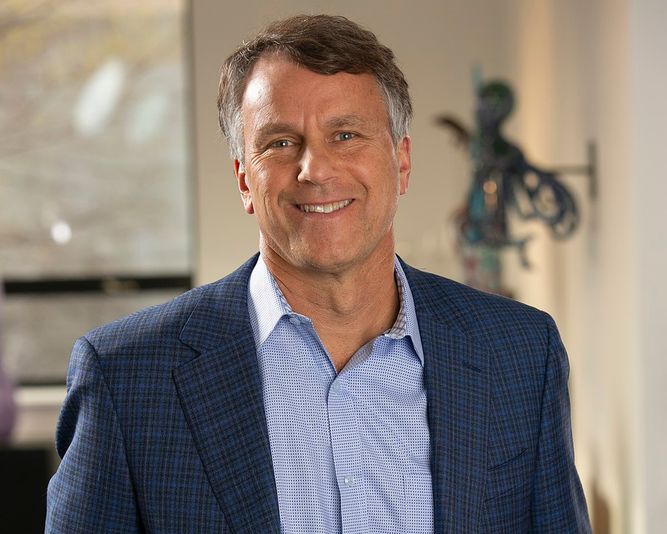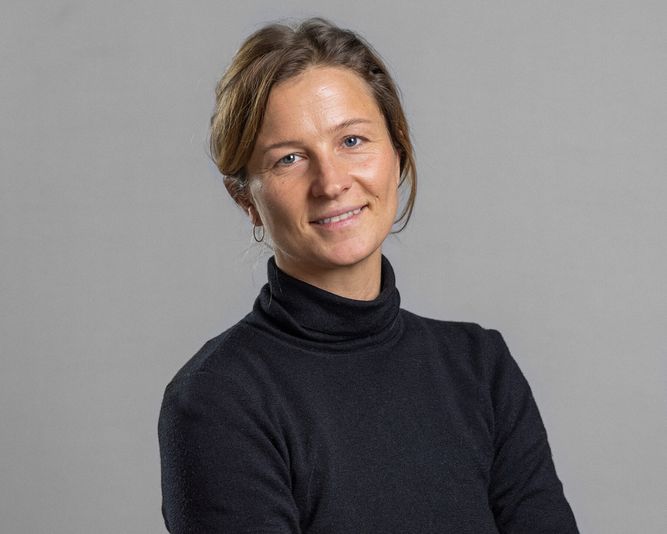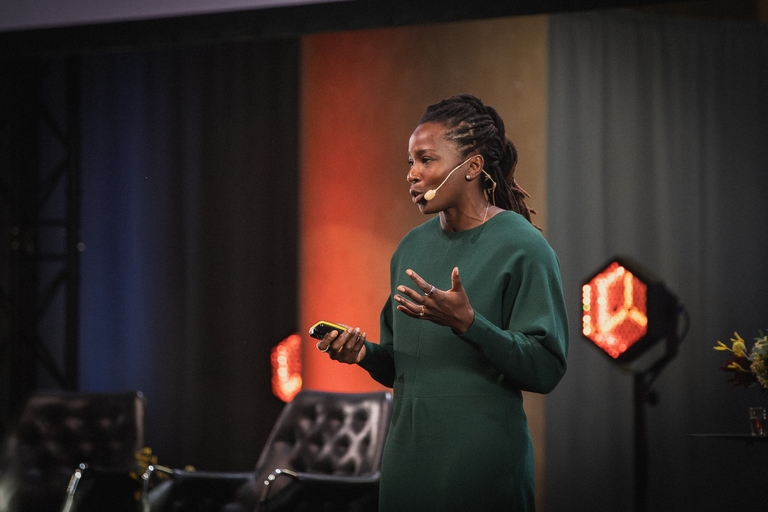
Year in review
Five lessons from our founders and CEOs
Running a company is never easy, but 2022 has been especially challenging. Russia’s invasion of Ukraine accelerated inflationary pressures, leading to higher interest rates and increasing the pain from disrupted supply chains. This all contributed to a “tech rout.” After unprecedented investment and record-breaking valuations in 2021, this year’s market backdrop has been decidedly stormier for founders and CEOs.
Such geopolitical and macroeconomic unrest will have proved simply devastating for many. But it has also been a chance to reflect and learn.
Over the past 12 or so months, we’ve had many opportunities to hear from founders and CEOs about their experiences. With 2023 nearly upon us, and as the tough current conditions look set to continue for some time, we have gathered some lessons across our network. What we’ve seen is that flexibility, conviction and strong leadership can establish a foundation for companies to make the most of the opportunities once market conditions improve - whenever that may be.

Put your customers first.
Central to many companies in the Kinnevik portfolio is the aim of making lives better for consumers. Not only is putting the customer experience first a priority, it’s also good for business, according to Transcarent CEO, Glen Tullman. “Empowering consumers with information, with trusted guidance and with easy access to quality care (...) when you do that, what you get is better results,” he states.
Juan Urdiales, co-founder and CEO of Jobandtalent agrees. As a temporary staffing platform, “the worker is the epicentre of Jobandtalent.” The executive describes his commitment to the customer as more than a passion, it’s an obsession. “Always be obsessed with that 10x user experience that you need to provide to succeed,” he claims.
Surround yourself with the right people.
"It's all about people,” insists Fredrik Hamilton, co-founder and CEO of Instabee. As a young founder, having a strong, supportive team that he could trust made all the difference. ”I started the company, but I built it with my fantastic colleagues,” he says. “I had no experience running a business before I started this company. So, for me, it's all about finding the right people."
"It's all about people," says Fredrik Hamilton, co-founder and CEO of delivery company Instabee
Avi Meir, co-founder and CEO of TravelPerk, also believes in the importance of the right people. “People are not interchangeable, each of us is unique,” he declares. “We worked hard to build our amazing team.
Have a clear mission that your team can get behind.
Once your strong team is in place, it’s important to ensure they understand and back the company mission. “Lead from the front, and really communicate that mission to the employees at your business,” says Maroof Ahmed, co-founder and COO of Quit Genius. Juan Urdiales of Jobandtalent agrees: “Have a very clear mission that everyone understands and that everyone is enthusiastic about.”
Beyond just a mission, Urdiales believes that a company also needs to show employees how it benefits the wider world. "If your company doesn’t have a clear mission and does not have a clear impact on society, you will struggle to attract the top talent of the new generation," he asserts.

Difficult times call for flexibility and adaptability.
A global pandemic resulting in severe lockdowns is just about the worst case scenario for a travel management company like TravelPerk. For them, it was a moment of radical re-evaluation. “We literally deleted the file from Google Docs that had our priorities for the year,” Meir explains. “It was a very symbolic act, and very relevant, so that we could start with a clean slate.”
“We literally deleted the file from Google Docs that had our priorities for the year,” says Avi Meir, co-founder and CEO of travel management company TravelPerk
In fact, it was exactly this attitude of adaptability that allowed Meir and the TravelPerk team to emerge from the pandemic stronger. “Crisis means lower valuations? We bought four great companies at a discount. Travelling during Covid is a mess? We built a Travel Restrictions API and sold it to third-parties. Everyone is working from home? We built an offsite planning tool for them,” Meir says.
Jobandtalent’s Juan Urdiales faced a similar situation in 2015. “We realised that the platform that we had at the time, and the business model, was not providing a 10x experience versus our competitors,” he recalls. “So we had to change the whole product and reorganise the whole company and change the business model. That’s a hard thing to realise when you’re an entrepreneur (...) you have to make brave decisions.”

Be aligned with your investors.
Finally, partnering with investors who understand your values is crucial. “This is not just a financial partnership, it’s much more than that,” says Julie Koch Fahler, co-founder at Agreena. “It’s really important that we have aligned missions, and we want to achieve the same things.”
For the Agreena team, it was vital to find investors who put sustainability and innovation first, as they do. Kinnevik was a natural fit: “I think there’s an aligned match in wanting to change the status quo,” she explains.
Sondre Rasch, SafetyWing co-founder and CEO, also looks beyond the financials when speaking to investors. “My favourite thing about Kinnevik is that it’s not a fund that will be dissolved in 10 years. It has a long future, and we think that outlook means [Kinnevik] can support our long-term vision of building a global safety net,” he explained. “Investors are not just money, they’re also somebody you work with to fulfil the mission.”


